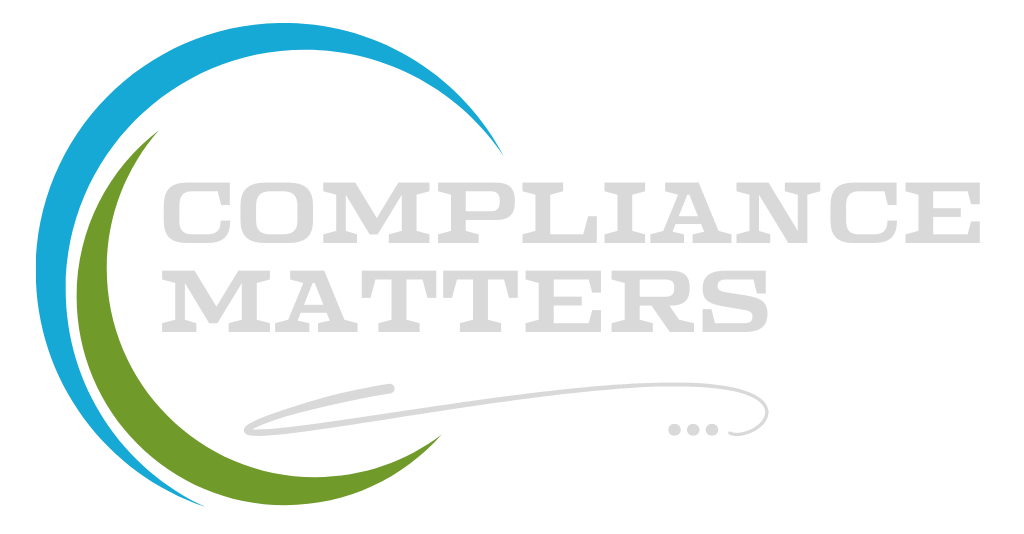Facts trump lies every time
Following a near-miss accident at a four-way intersection controlled by traffic lights, the applicant was instructed to attend a disciplinary hearing.
At the time of the incident the applicant was driving a large truck carrying gas canisters. It was common cause that the truck was fitted with a DriveCam that recorded both the driver and the road before him.
He was found guilty of fraud, dishonesty and attempts to misrepresent facts, and dismissed.
On the applicant’s version he went through the traffic light while it was on amber. When he was in the middle of the intersection, a third-party vehicle which had skipped the red robot had driven in front of him, causing him to nearly collide with that vehicle. As he was in shock, he was not able to continue with his trip. He drove back to the yard and went home.
When viewing the video footage, the employer concluded that there was some inconsistency between the applicant’s statement and the footage. The video footage showed that the applicant had caused the near-miss accident by going through a red robot.
The employer relied on the evidence of an expert witness who had analysed the DriveCam video footage of the incident. The expert gave detailed evidence, confirming that the robot turned red well before the applicant entered the intersection. After driving through the red robot, he only braked when the third party started to proceed into the intersection.
As the evidence confirmed that the applicant had provided a deceptive and dishonest version of the events, the employer dismissed him.
The bargaining council arbitrator agreed with the driver that the sanction was too harsh. She retrospectively reinstated him with back pay in the amount of R70 284.94. because she found that “the elements of the charge had nothing to do with the misconduct” and that he “should have been charged with a driving offence”.
The applicant’s erstwhile employer, Air Products South Africa, took the award on review to the Labour Court.
The court strongly disagreed with the arbitrator’s reasoning, finding that the employee had not been charged with a “driving offence of skipping a red robot”, but with having given “dishonest accounts of what caused the ‘near-miss’ accident”. The court further found that, “(a)n employer may decide what charges they want to bring against an employee, and the onus is on the employer to provide sufficient evidence to prove that charge on a balance of probabilities”.
The court also found that the award did not reflect an analysis of the evidence before the arbitrator, and that she had disregarded the expert witness’s evidence based on the video footage.
The court held that the applicant should have been found guilty as alleged, and that dismissal was the appropriate sanction: “The long-established rule applied in this Court and by the Labour Appeal Court, i.e., that dishonesty tilts the scales to dismissal even where strong mitigating factors, such as extended service and a clean record, are present… One of the fundamentals of the employment relationship is that the employer must be able to place trust in the employee. When there is dishonesty, it destroys this relationship.”
Importance of this judgment: The only conclusion that can be reached when an employee persists with an untruthful version when factual evidence belies that version, is that he is being dishonest. Such dishonesty destroys the trust relationship, justifying dismissal.

